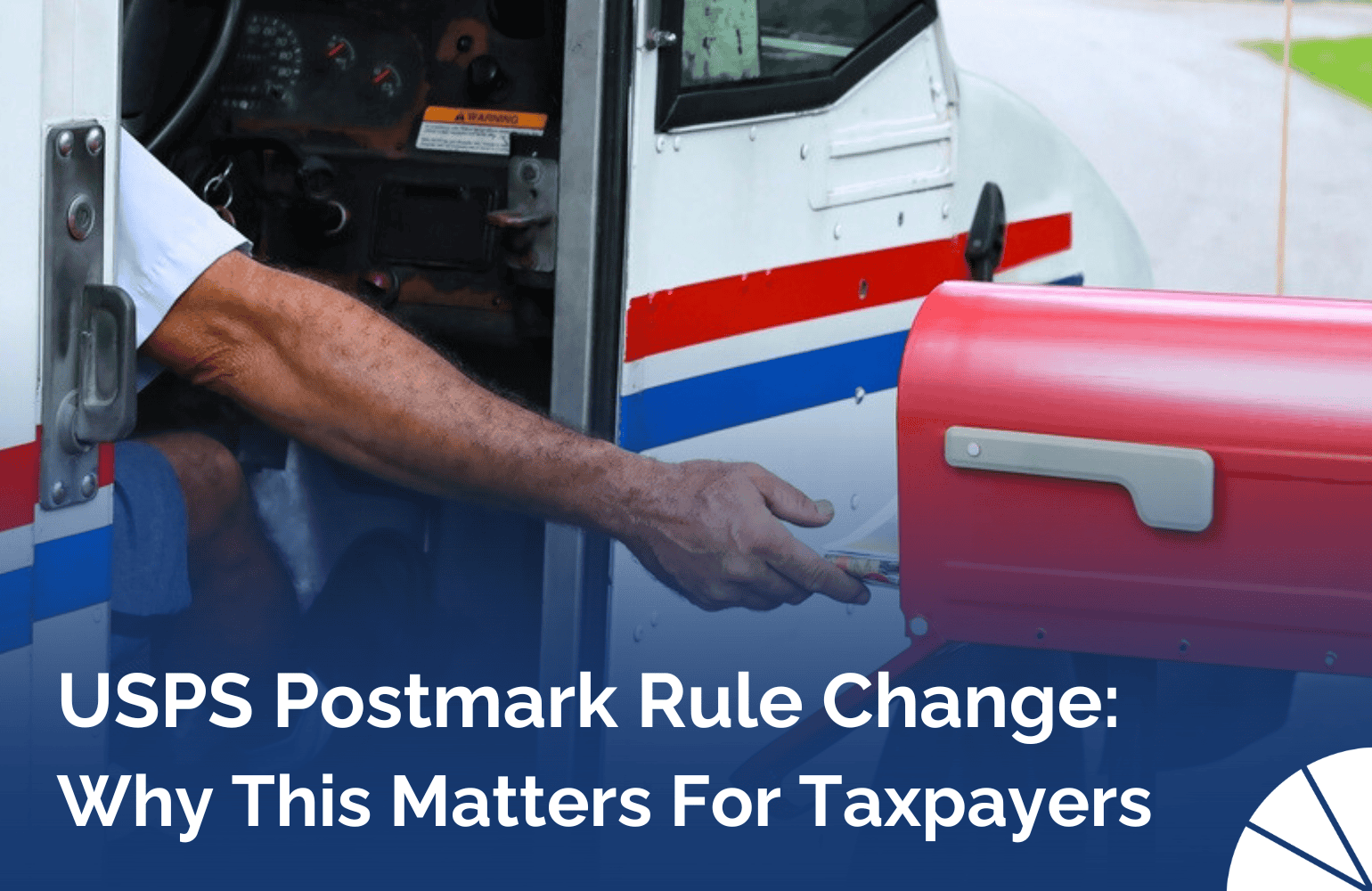
First Steps After a Loved One’s Passing
In the immediate aftermath, securing the deceased’s home and valuables is essential. It is also necessary to notify key contacts, such as family members, legal advisors, and financial institutions. Most funeral homes will:
- Notify the Social Security Administration to stop benefits
- Help you order official death certificates
You will typically need 10 to 12 copies of the death certificate for managing financial and legal matters, including closing accounts and claiming benefits.
The Role of the Personal Representative
The Personal Representative (also known as the executor) is responsible for managing the affairs of the deceased. This may include:
- Locating financial assets and outstanding debts
- Organizing the residence
- Reviewing estate documents such as wills or trusts
- Beginning the probate or trust administration process
This role is different from that of a Trustee, although the same individual can serve in both capacities. The Personal Representative handles assets that pass through probate, while the Trustee manages assets held in a trust according to its terms. Both roles carry fiduciary responsibilities and must be performed in the best interest of the beneficiaries.
Responsibilities of the Personal Representative
Key tasks may include:
- Reviewing banking, investment, and insurance records
- Identifying and settling outstanding bills
- Filing claims with life insurance providers
- Coordinating with the decedent’s accountant or attorney to:
- Open an estate or trust bank account, if needed
- Obtain tax identification numbers for the estate or trust
- File the necessary paperwork with the probate court
Planning Ahead: Essential Estate Planning Documents
Creating and maintaining up-to-date estate planning documents can make a significant difference in how your affairs are handled. These documents designate key individuals and outline your intentions, reducing confusion and legal complications.
Important documents include:
- Will – Identifies your personal representative, heirs, and any charitable bequests.
- Revocable or Irrevocable Trust – Outlines instructions for the management and distribution of assets, often with provisions for long-term protection.
- Durable Power of Attorney – Authorizes a trusted individual to manage your financial and legal matters if you become incapacitated.
- Health Care Proxy – Appoints someone to make medical decisions on your behalf.
- HIPAA Release – Grants access to your medical information to those making care decisions.
- Letter of Instructions – Provides informal guidance such as the location of important documents, the names of key advisors, or personal wishes not addressed in formal documents.
Without these documents, an estate is considered intestate, which means the probate court will determine how assets are distributed. This process can increase costs and delay asset distribution.
Communication and Organization Matter
Having these documents is only part of the process. It is equally important to:
- Share their location with trusted individuals
- Discuss your wishes with family members
- Complete any follow-up actions advised by your estate attorney, such as retitling assets or updating beneficiary designations
Estate planning is not just about paperwork. It is about creating clarity and support for your loved ones during a difficult time. Proper preparation today provides peace of mind and guidance for tomorrow.






